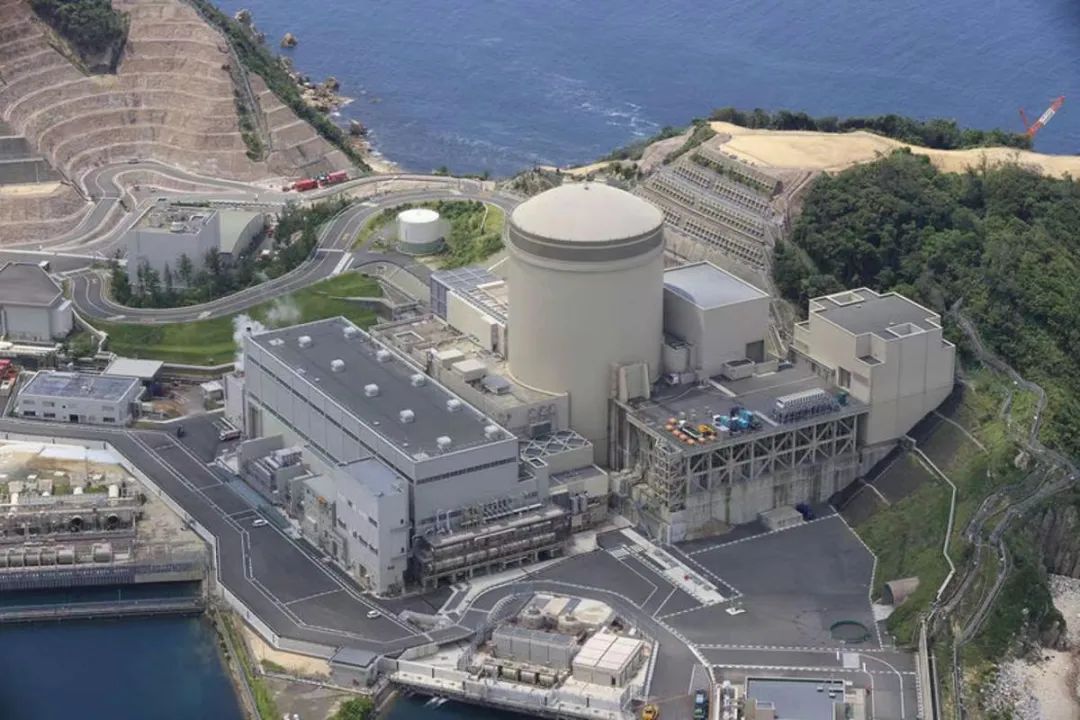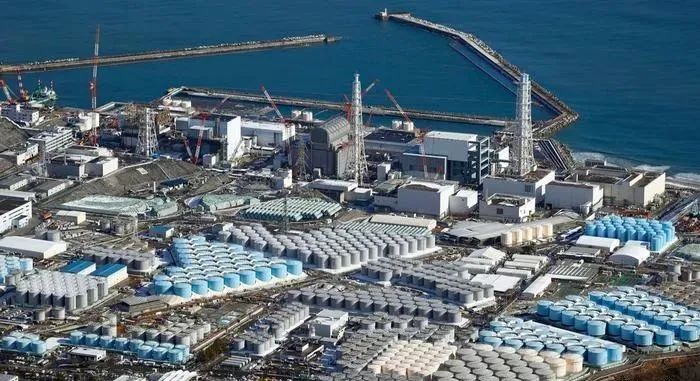Japan's nuclear power policy has changed tremendous, it is difficult to dispel doubts about the international community
Author:Xinmin Evening News Time:2022.08.31
Japan's nuclear power policy is promoted in doubt and uncertainty. Although it is difficult to solve the thirst of enterprises for a while, it is difficult to calm the people.
The Japanese government plans to restart the decision of the 7 -seat nuclear power plant units after next summer, so that the world will pay attention to it.
Affected by the Fukushima nuclear power plant nuclear leakage accident in 2011, the Japanese government was relatively cautious in restarting the nuclear power policy. Although there has been a long -term macro vision of restarted nuclear power, it is the first time that it has a clear timetable and a huge restart decision like the Kishida government.
Three major considerations promote policy conversion
Since the East Japan earthquake on March 11, 2011 has caused the Fukushima nuclear power plant nuclear leak accident, the Japanese government has resumed 10 nuclear power plant units in total. However, the transformation of the Kishida government's nuclear power policy has been so huge, and the policy considerations behind it are still worthy of attention.

A cooling pipe rupture of the 3rd Merbin Nuclear Power Station, which was restarted in Japan last June, killed five operators. Picture source: mainichi.jp
First of all, the reality of energy deficiency forces Japan to change the policy. Affected by major events such as the new crown epidemic and the Russian -Ukraine conflict, since this year, the energy supply in Japan has continued to be tense. Japan's energy -consciousness rate is less than 20%, and among the main western countries, the last seats. In May this year, the economic security promotion bill passed by Congress this year also promoted the resources and energy security with higher exterior dependence and energy security as the key areas.
Secondly, Japan's domestic interest groups accelerate policy conversion. Prime Minister Kishida was born in Hiroshima and has special sensitivity to nuclear issues. However, the phased restart nuclear power is the established policy of the Liberal Democratic Party, and it has been implemented as early as the Abe's administration. In a meeting held by the Japanese government on August 24th, the Minister of Products of the Provincial Minister of the Provincial Minister Nishimura Kangya and the President of the Mission of the Mission of Abe attended the meeting. In addition, the Japanese media have reported a money scandal between government agencies and power companies, and the wrong relationship between interest groups is evident.
Finally, policy pressure from the United States cannot be ignored. Due to the signing of nuclear -energy cooperation between Japan and the United States, Japan has quickly promoted nuclear power generation since the end of the Cold War. Earlier this year, Japan and the United States reached an agreement on the cooperation with the development of a new generation of fast neutron reactors. Objectively, the Japanese government required the Japanese government to restart nuclear power to apply related technologies on a scale. In addition, Western countries such as the United States, Britain, France, and Germany have successively adjusted nuclear power policies, and also provided reasons for Japan to accelerate the reorganization of nuclear power.
Japan's nuclear power will be questioned for a long time
For a long time, the Japanese government claims that its nuclear security policy is the world's highest standard, but in 2011, the nuclear leakage accident of the Fukushima nuclear power plant broke its "absolute safety" myth, and relevant parties have always existed in doubts about nuclear power safety. The Japanese government is familiar with the sensitivity of nuclear power policies, so I chose to introduce the policy of restarting nuclear power after the Senate election in July.
However, at present, most of the domestic nuclear power stations in Japan have been in the 40 years of operation, and the Japanese government has pressured the atomic capacity to regulate the committee, suggesting that the use period will continue to extend the use period on the basis of extending 20 years. Questions.

The damage caused by the Fukushima Nuclear Power Station nuclear leakage is still continuing. Picture source: AP
Hiroshima and Nagasaki have not yet faded the historical memory of the "nuclear explosion", and the trauma caused by the nuclear leakage accident of the Fukushima nuclear power plant has not been smooth. In response to the government decisions, the Federation Democratic Party, the Communist Party of Japan expressed oppositions in the wild party. Although public opinion supports the proportion of restarted nuclear power for the first time, the proportion of opposition to restarted nuclear power is still about 40%. Once the Japanese government has any subtle accidents in the process of restarting nuclear power, it is very likely to make the proportion of agreements and oppositions objections. Reversed again.
In addition, questioning from the international community will continue to torture Japan's nuclear power policies. The Japanese government openly discharged the nuclear waste water generated by the Fukushima nuclear power plant nuclear leakage accident to the Pacific Ocean, which is undoubtedly a destruction of the marine public fortune. It has lost its trust in the surrounding neighbors and the international community. Therefore, restarting the doubts of security, nuclear power plants will further lead to questioning of the international community, and the international community will also strengthen concerns about Japan's nuclear power policies.
In short, Japan's nuclear power policy is promoted in doubt and uncertainty, and the radical nuclear power policy is tantamount to "killing chickens and eggs, exhausted and fishing." Although the thirst of enterprises for a while, it is difficult to calm the people.
Produced deep -sea district studio
Written Wang Guangtao (Associate Professor of the Japan Research Center of Fudan University)
Edit Yang Yifan
- END -
A man in France hit a store and jumped into the Seine River to avoid hunting
Overseas Network, August 17th. In the night from August 15th to August 16th, local time, a 24 -year -old man drove a car crashing in the Valentino store in Paris. Afterwards, he faced the police's hun...
The United States is 9.1%, IMF: Difficulty, even more difficult!
On July 13, local time, the latest data released by the US Ministry of Labor showed that the June consumer price index (CPI) in the United States rose 1.3%month -on -month and 9.1%year -on -year. Refr